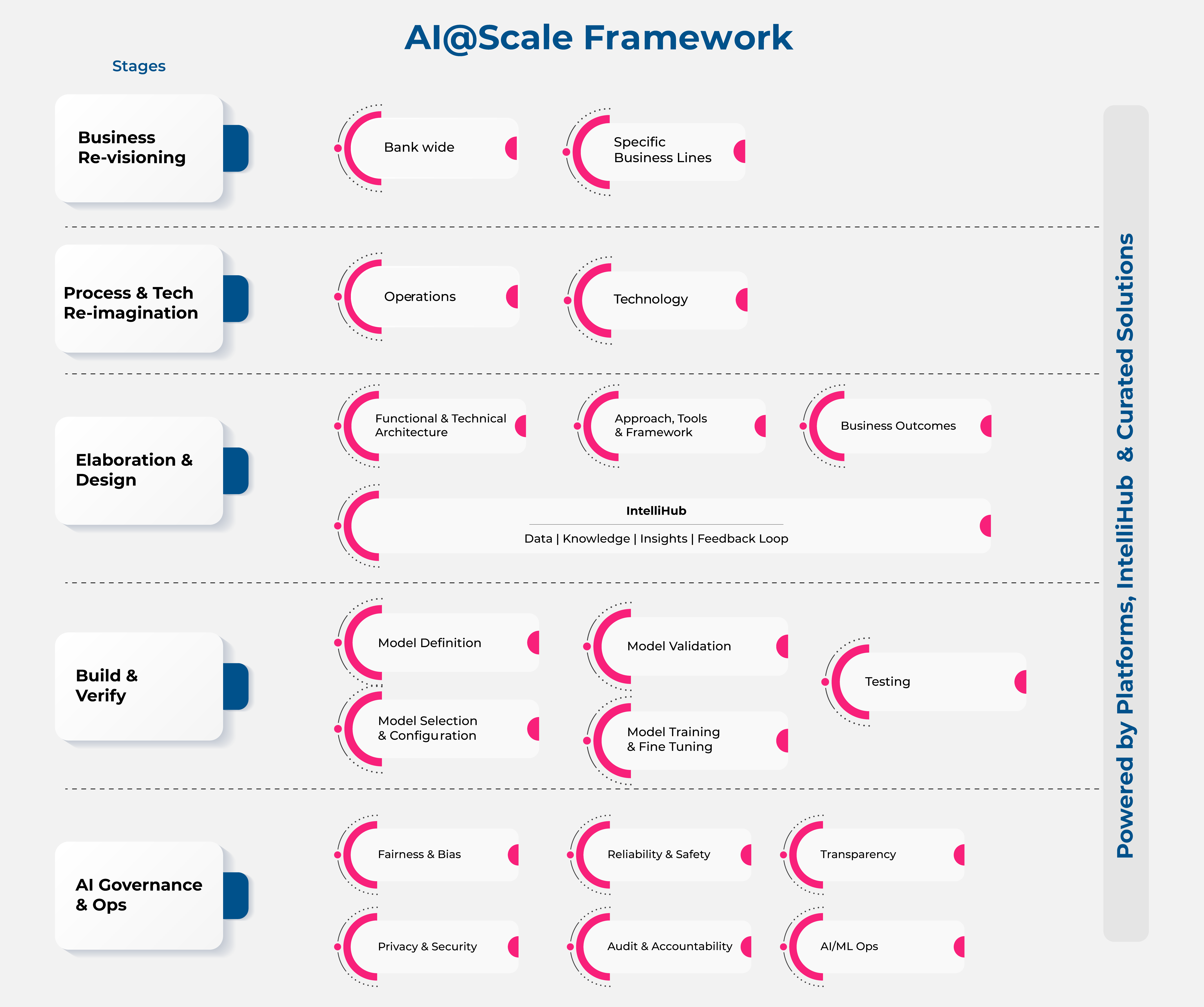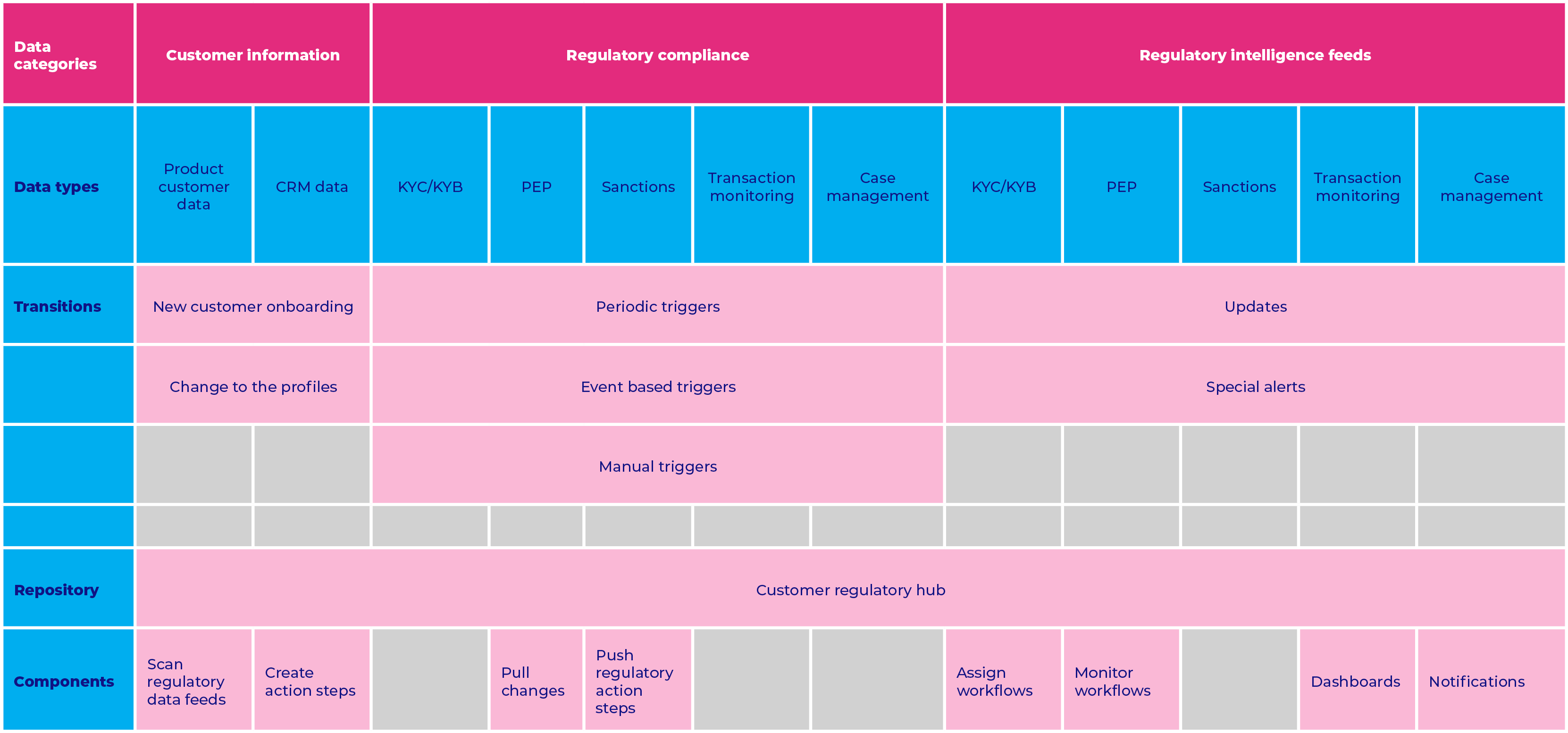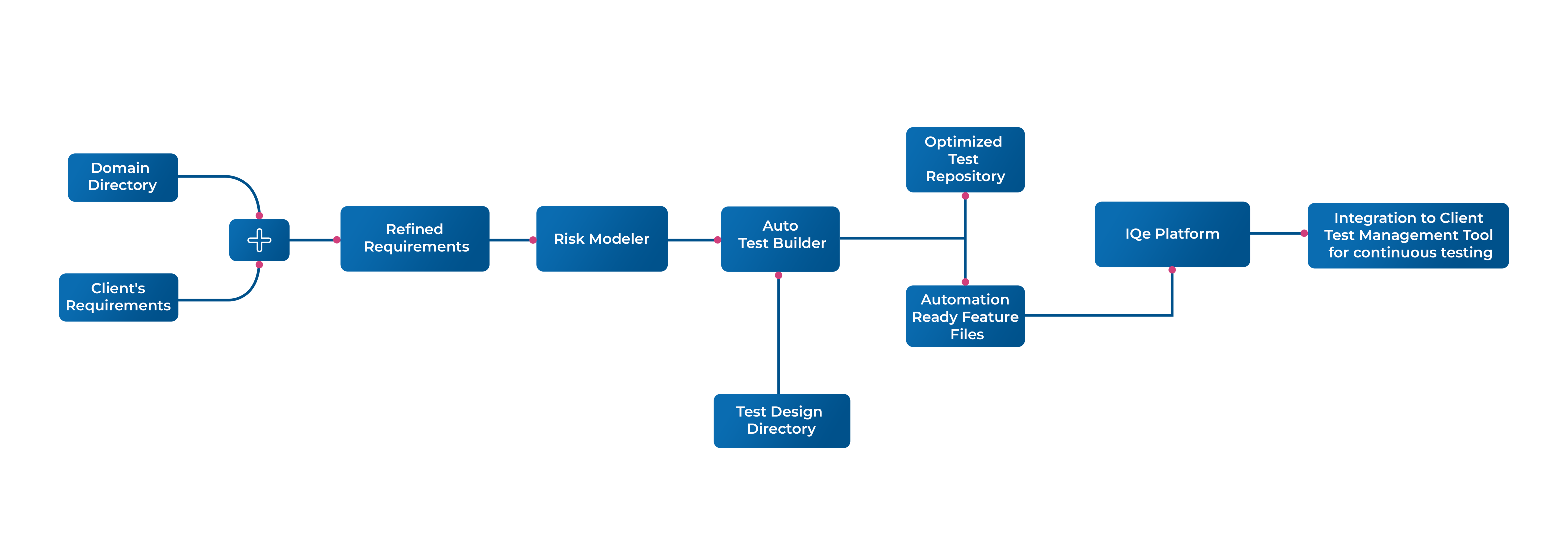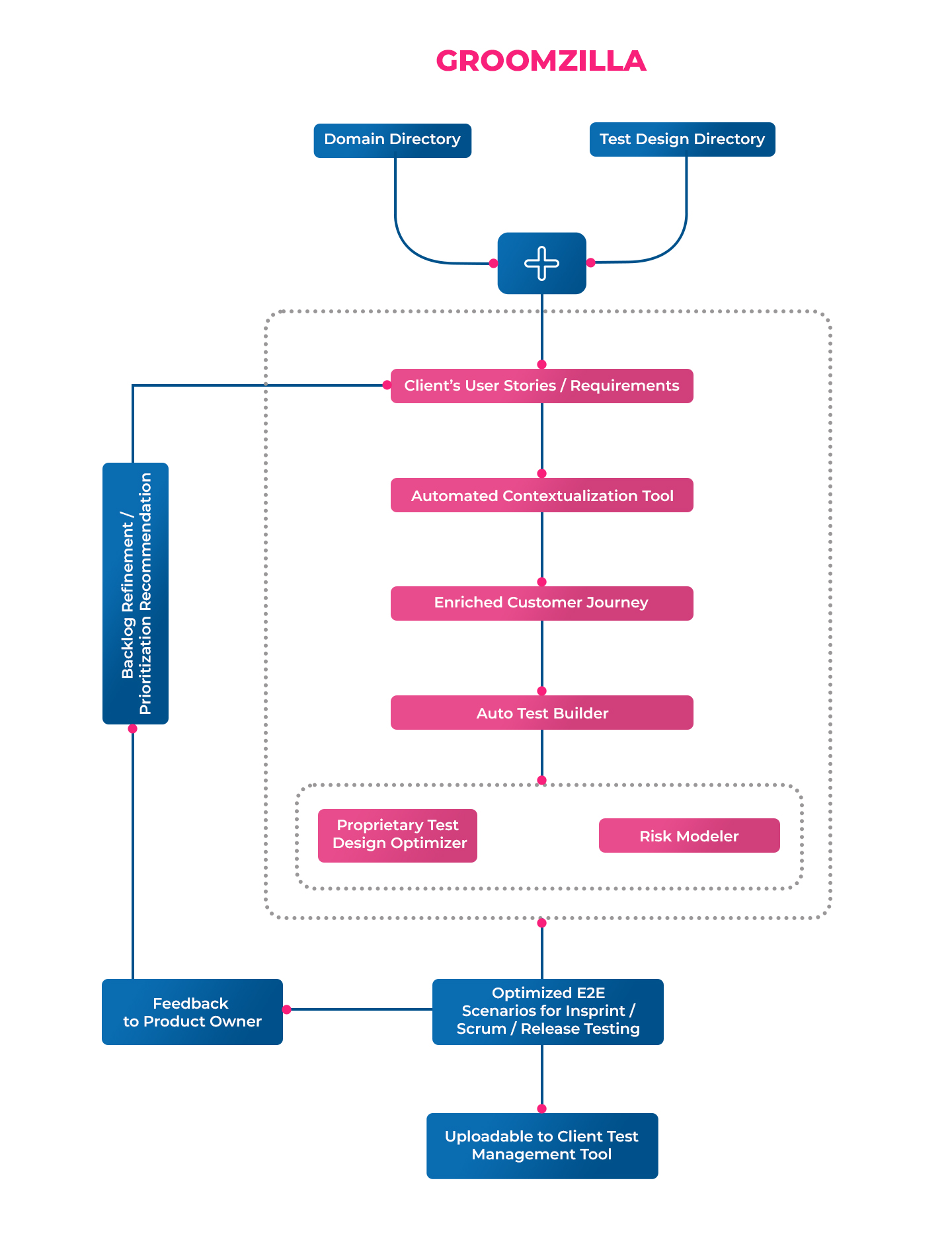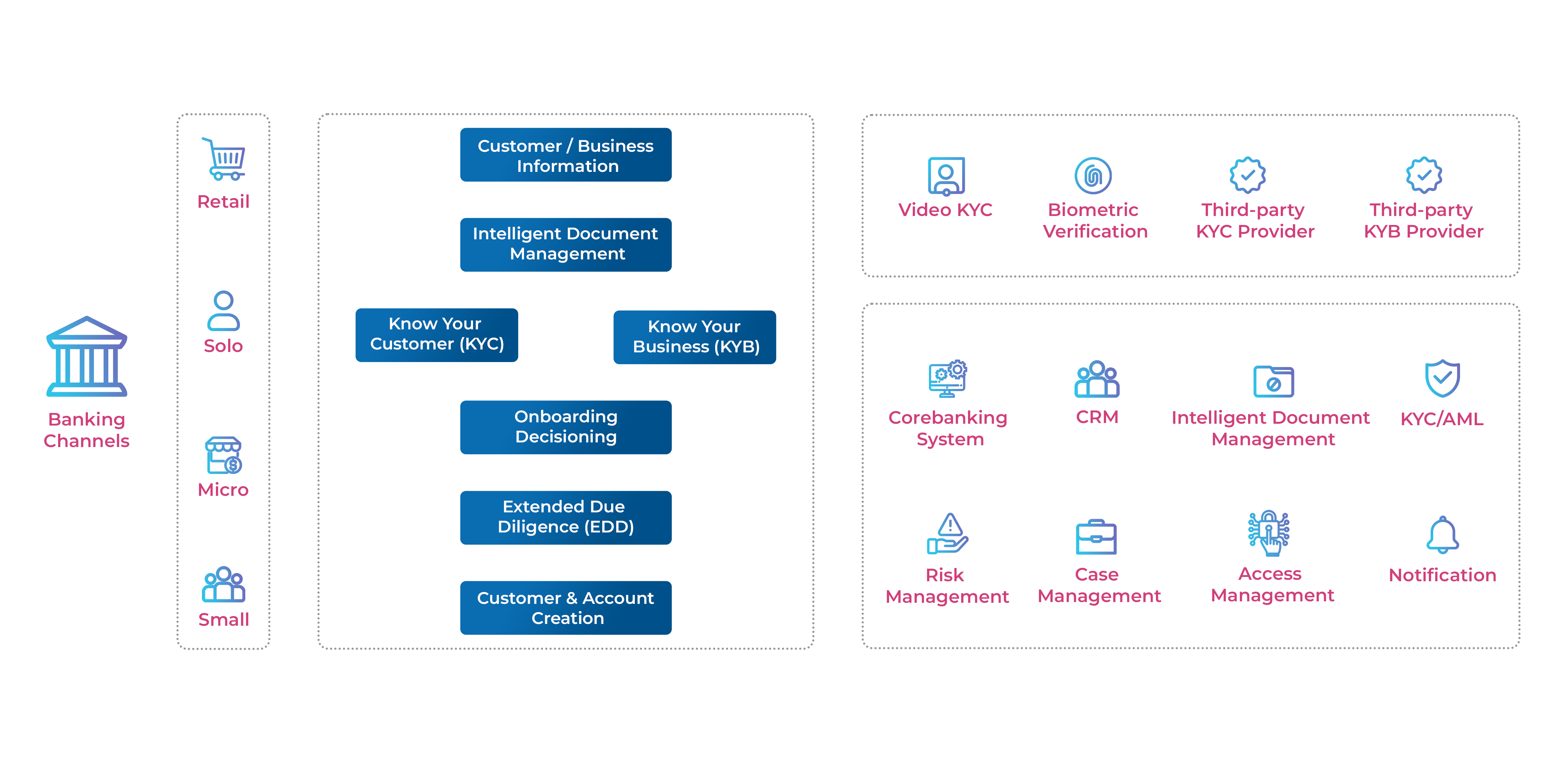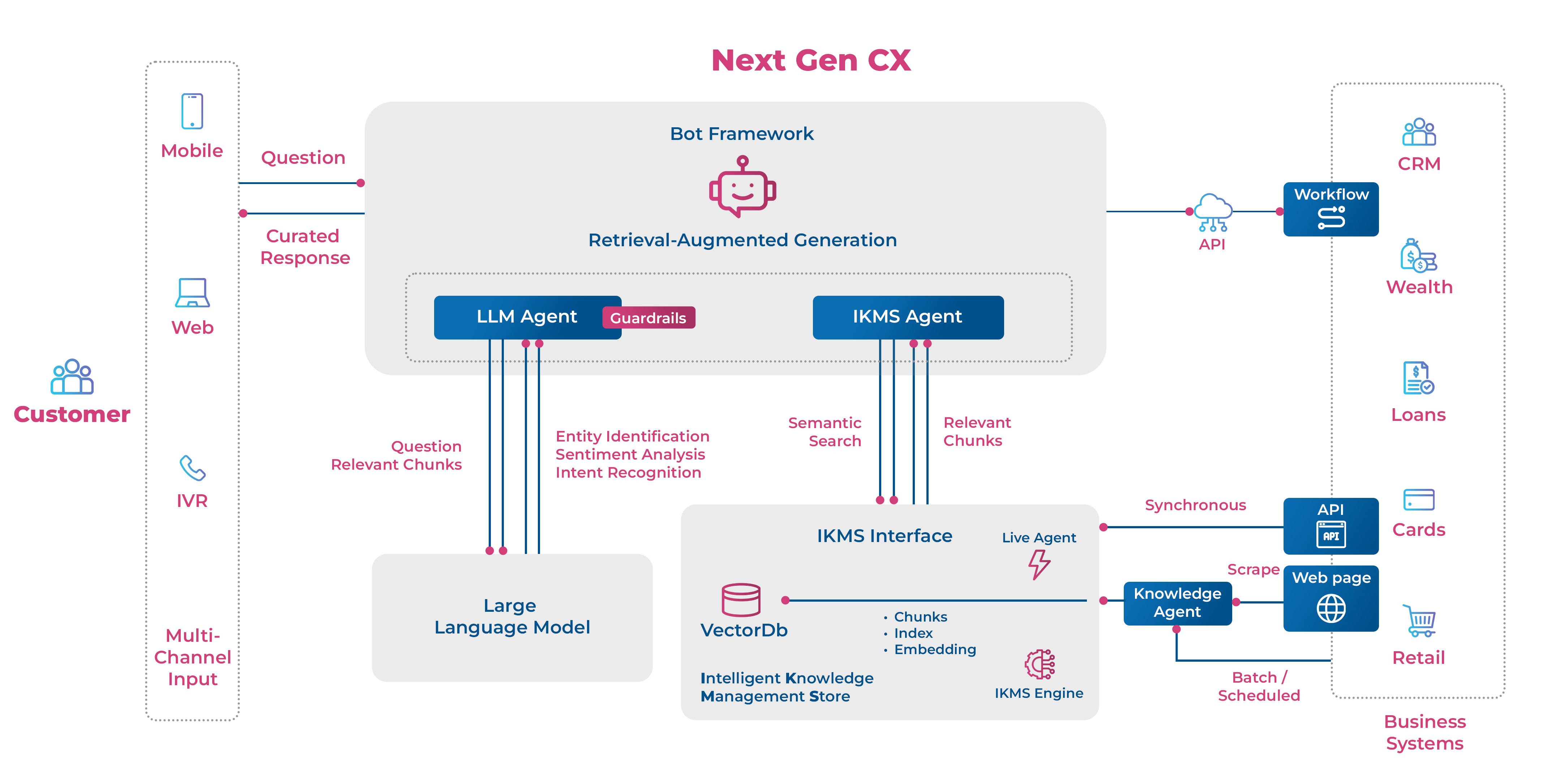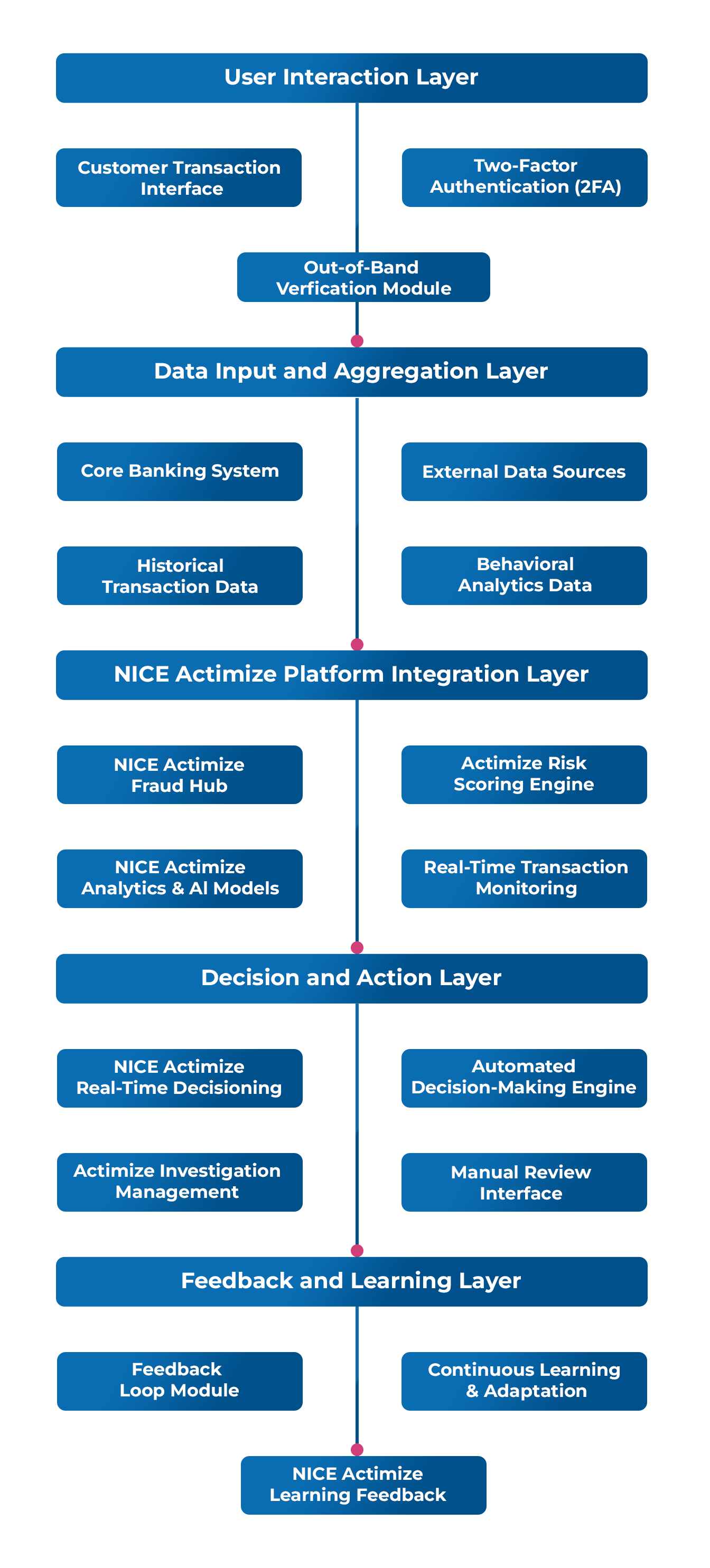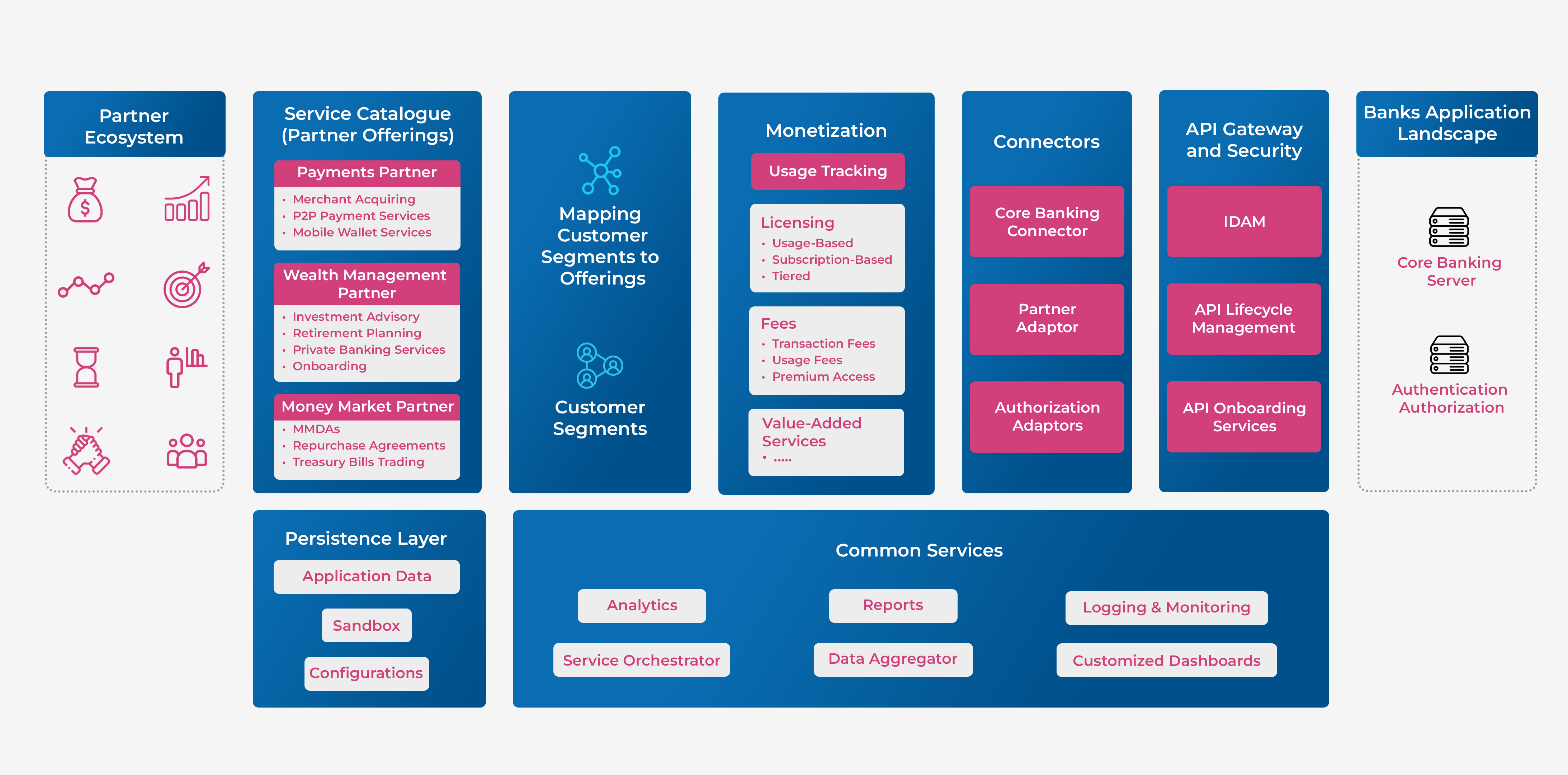As part of the evolving BFSI sector, Banking Compliance Regulations are the bedrock of stability and trust. As of 2024, their significance has only grown, with recent statistics underscoring their pivotal role in maintaining the integrity and security of the global banking sector. According to a report by the World Bank, compliance-related issues have been on the rise, with a 15% increase in regulatory fines imposed on financial institutions in the past year alone.

Recent examples highlight the tangible impact of banking regulations on the industry. Implementing Basel III to strengthen the banking system’s resilience has reshaped capital requirements and risk management practices. In response, major financial institutions have revamped their risk models and bolstered their capital buffers, showcasing the profound influence of regulations on operational strategies.
Similarly, the European Union’s General Data Protection Regulation (GDPR) has not only transformed data protection standards but forced banks to reevaluate their customer data handling. Banks that failed to comply faced hefty fines, a stark reminder of the necessity to align operations with the evolving regulatory landscape.
Recent Changes in Banking Compliance Regulations: A Global Overview
United States (US)
The regulatory landscape has witnessed notable changes in the United States, with a heightened focus on consumer protection and cybersecurity. The Consumer Financial Protection Bureau (CFPB) has rolled out stringent measures to ensure fair lending practices and enhance transparency in financial products. Simultaneously, the Federal Reserve has adjusted stress testing requirements to fortify the resilience of large banks in the face of economic uncertainties.
European Union (EU)
Across the Atlantic, the EU has continued its commitment to financial stability through updated regulations. The revised Payment Services Directive (PSD2) aims to foster payment sector innovation while safeguarding consumer rights. Additionally, the European Banking Authority (EBA) has introduced guidelines on outsourcing arrangements to mitigate operational risks and ensure the continuity of critical functions.
Asia-Pacific (APAC)
In the APAC region, regulators have been proactive in addressing emerging challenges. The Monetary Authority of Singapore (MAS) has strengthened cyber resilience guidelines, recognizing the growing threat landscape. China, a key player in the APAC region, has tightened anti-money laundering (AML) regulations to combat financial crimes effectively.
Importance of Regulatory Tech in the BFSI Sector and Two Case Studies
In this dynamic regulatory environment, the role of Regulatory Tech (RegTech) in the Banking, Financial Services, and Insurance (BFSI) sector has become increasingly pivotal. RegTech leverages technological solutions to streamline compliance processes, enhance risk management, and ensure adherence to regulatory requirements.
Two prominent case studies exemplify the transformative impact of RegTech on leading banks. JPMorgan Chase, a global banking giant, implemented advanced analytics and machine learning algorithms to enhance its anti-money laundering efforts. The result significantly reduced false positives, enabling the bank to allocate resources more efficiently and comply with AML regulations seamlessly.
Similarly, HSBC adopted blockchain technology to streamline its regulatory reporting processes. By leveraging distributed ledger technology, the bank achieved real-time visibility and accuracy in its reporting, thereby avoiding penalties and improving overall regulatory compliance.
Best Practices and the Way Ahead
As we navigate the intricate web of Banking Compliance Regulations in 2024, certain best practices emerge to ensure compliance and operational excellence. Firstly, fostering a culture of compliance from top management down to every employee is paramount. Continuous training and awareness programs help in keeping abreast of regulatory changes.
Secondly, investing in robust RegTech solutions is instrumental in navigating compliance complexities. Automation of routine tasks, real-time monitoring, and predictive analytics empower financial institutions to stay proactive and agile in the face of evolving regulations.
Looking ahead, collaboration between regulators, industry stakeholders, and technological innovators will be crucial in shaping a regulatory framework that is effective and adaptive to the fast-paced changes in the financial landscape. The convergence of regulatory requirements and technological advancements will define the future of Banking Compliance Regulations, and those who embrace this synergy will undoubtedly thrive in the ever-changing financial ecosystem.
About Maveric Systems
Established in 2000, Maveric Systems is a niche, domain-led, BankTech specialist, transforming retail, corporate, and wealth management digital ecosystems. Our 2600+ specialists use proven solutions and frameworks to address formidable CXO challenges across regulatory compliance, customer experience, wealth management and CloudDevSecOps.
Our services and competencies across data, digital, core banking and quality engineering helps global and regional banking leaders as well as Fintechs solve next-gen business challenges through emerging technology. Our global presence spans across 3 continents with regional delivery capabilities in Amsterdam, Bengaluru, Chennai, Dallas, Dubai, London, New Jersey, Pune, Riyadh, Singapore and Warsaw. Our inherent banking domain expertise, a customer-intimacy-led delivery model, and differentiated talent with layered competency – deep domain and tech leadership, supported by a culture of ownership, energy, and commitment to customer success, make us the technology partner of choice for our customers.



